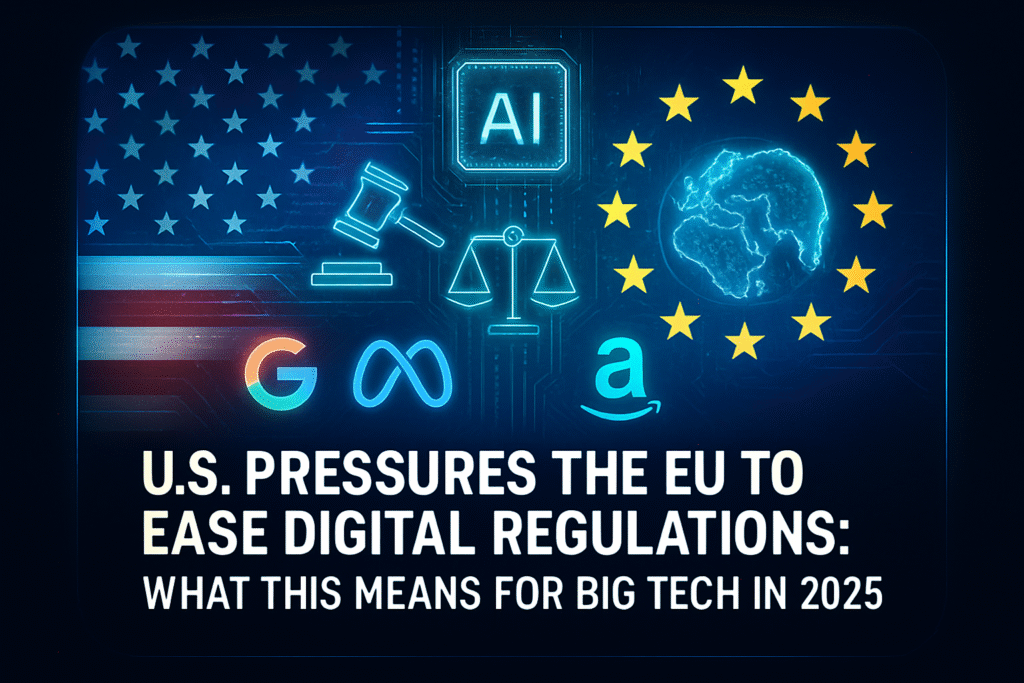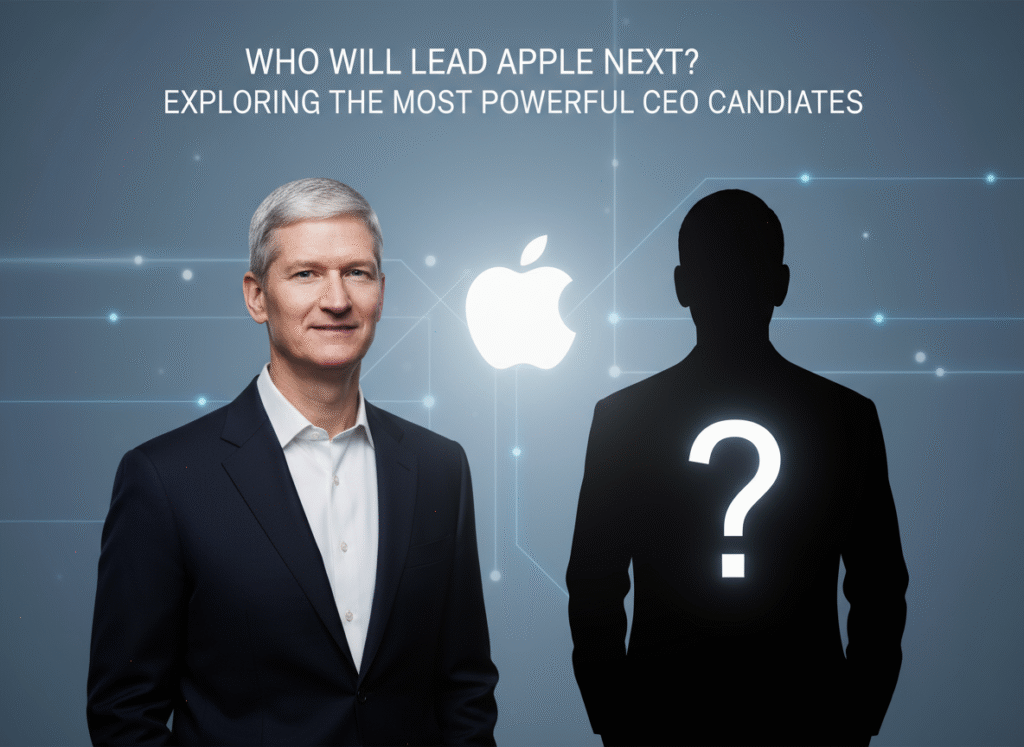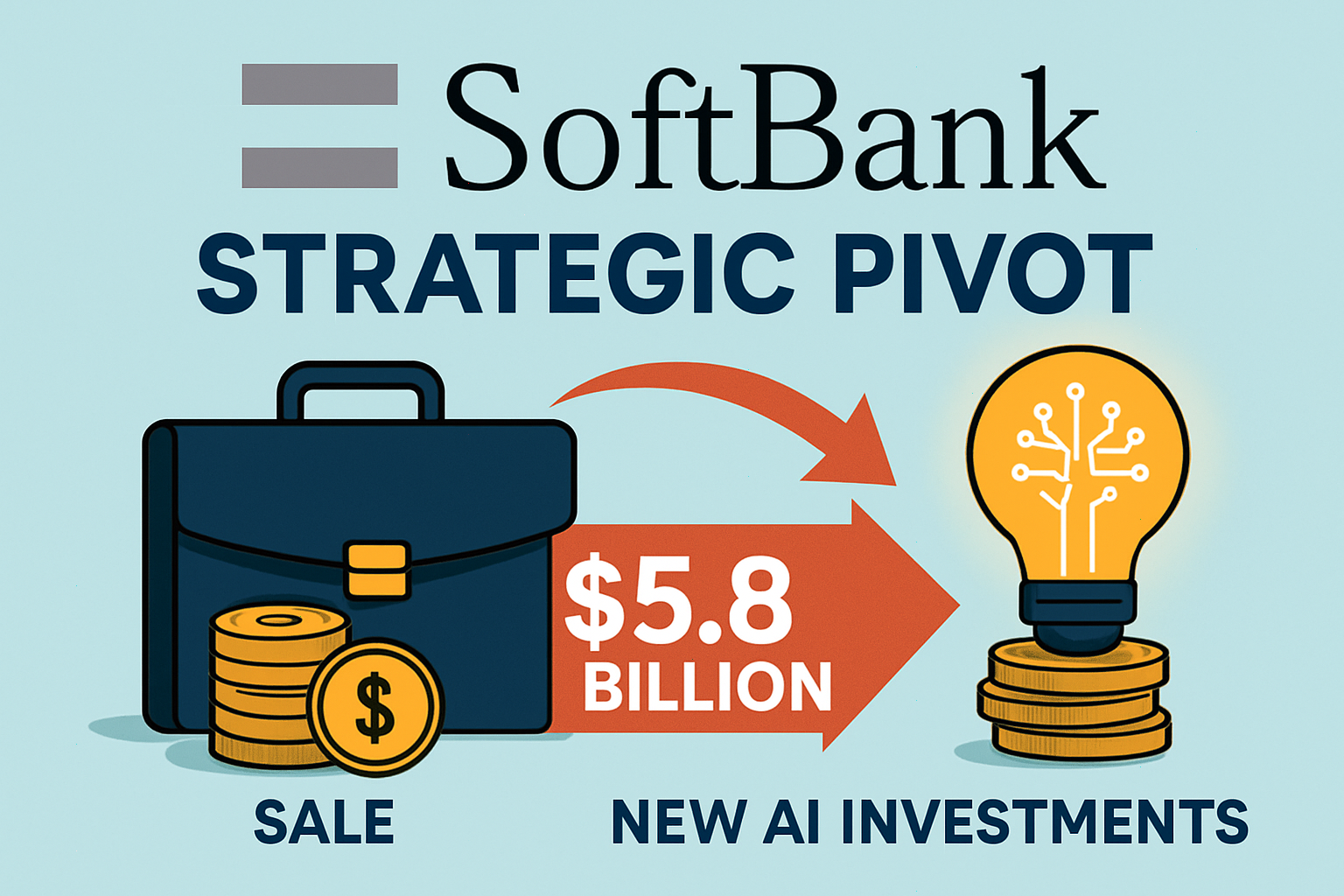
TikTok, the short-form video giant that revolutionized social media, has officially launched a global AI-powered e-commerce platform. This bold move transforms the app from a place where users consume entertaining content into a powerful hub for social commerce, where artificial intelligence seamlessly connects influencers, brands, and consumers. With this launch, TikTok is not just competing with platforms like Amazon, eBay, and Shopify—it is redefining the way digital retail works.
In this article, we’ll explore what TikTok’s new platform means for users, businesses, and the future of online shopping.
The Rise of Social Commerce
The intersection of social media and e-commerce, often referred to as social commerce, is not new. Platforms like Instagram and Facebook have experimented with integrated shopping features, but TikTok has a unique advantage: its algorithm-driven recommendation engine.
TikTok’s “For You Page” already excels at predicting what users want to see. By adding AI-powered e-commerce tools, the platform extends this predictive power into shopping. Instead of passively browsing items on traditional e-commerce websites, TikTok users are now exposed to products through engaging, short videos that feel natural and entertaining.
This blurs the line between content and commerce, creating a frictionless shopping experience.
How TikTok’s AI-Powered Platform Works
TikTok’s new platform isn’t just another online store—it is deeply integrated with artificial intelligence at every stage of the shopping journey. Here’s how it works:
1. Personalized Product Recommendations
TikTok’s AI analyzes user behavior—such as video interactions, likes, comments, and search history—to suggest products that align with individual tastes. This personalization means that no two shopping feeds look the same.
2. AI-Powered Content Creation
For creators and brands, TikTok is introducing AI-driven tools that help generate engaging product videos, captions, and ad campaigns. Small businesses, in particular, benefit from this, as it lowers the barrier to entry for high-quality marketing.
3. Seamless Checkout Experience
The platform integrates an in-app checkout system, allowing users to purchase products without leaving the TikTok app. This reduces drop-off rates and creates a faster, smoother shopping experience.
4. Smart Logistics and Fulfillment
TikTok has partnered with logistics providers and integrated AI to manage inventory forecasting, delivery optimization, and fraud detection, ensuring buyers get reliable service.
5. Live Shopping Powered by AI
Live commerce, already popular in markets like China, is now enhanced with real-time AI recommendations. During livestreams, AI analyzes engagement and suggests which products to feature, maximizing sales.
Why This Matters for Businesses
For brands, both big and small, TikTok’s e-commerce expansion represents an unprecedented opportunity. Instead of competing in crowded marketplaces like Amazon, businesses can directly connect with TikTok’s 1.5 billion active users worldwide.
- Increased Reach: TikTok’s recommendation system helps brands reach audiences beyond their existing followers.
- Lower Marketing Costs: AI-generated content tools reduce the need for expensive production teams.
- High Conversion Rates: TikTok users often make impulse purchases due to engaging, short-form product videos.
- Global Expansion: The platform’s global launch means businesses can scale quickly to international audiences.
Impact on Consumers
For consumers, the TikTok shopping experience feels more interactive and entertaining compared to traditional e-commerce. Instead of scrolling through endless product listings, users discover items organically through videos and livestreams.
AI ensures that the shopping feed is personalized, reducing decision fatigue and increasing satisfaction. Moreover, the integration of secure checkout and verified sellers builds trust among buyers, addressing concerns about online fraud.
Competition with Amazon and Other Giants
TikTok’s entry into global e-commerce poses a direct challenge to platforms like Amazon, eBay, and Shopify. While these platforms dominate traditional online shopping, TikTok’s social-first approach creates a new ecosystem where discovery and purchase are tightly integrated.
Amazon relies on search-driven shopping—users know what they want and look it up. TikTok, however, thrives on serendipitous discovery, making it an ideal platform for impulse buying and trend-driven purchases.
AI as the Core Differentiator
The success of TikTok’s e-commerce platform largely hinges on its artificial intelligence engine. Unlike other social platforms, TikTok’s AI is not just an add-on feature; it is the core of the entire user experience.
- It predicts product demand before trends explode.
- It helps creators optimize content for maximum engagement.
- It personalizes shopping journeys for every individual.
This AI-centric approach gives TikTok a strong competitive advantage in scaling global e-commerce.
Challenges TikTok Might Face
Despite its ambitious launch, TikTok faces several challenges:
- Regulatory Scrutiny: Governments worldwide are increasing their oversight of TikTok due to data privacy concerns. Expanding into e-commerce could intensify scrutiny.
- Trust and Safety: With a flood of new sellers, TikTok must ensure product authenticity and prevent counterfeit goods.
- User Trust: While many users enjoy TikTok for entertainment, shifting perceptions toward shopping may take time.
- Competition: Established e-commerce giants won’t stay passive. Amazon and others may respond with new social commerce initiatives.
The Future of Social Commerce with TikTok
TikTok’s global e-commerce launch signals a massive shift in the digital economy. By embedding shopping into entertainment, TikTok is shaping the future of online retail, where AI-driven recommendations meet immersive social content.
For businesses, the platform offers a chance to grow rapidly through authentic, viral marketing. For consumers, it provides a fun, interactive, and personalized shopping experience.
If TikTok can overcome regulatory challenges and ensure trust in its marketplace, it has the potential to become the world’s leading social commerce platform, disrupting both the retail and social media industries.
Conclusion
TikTok’s global AI-powered e-commerce platform is more than just an upgrade—it’s a revolution in how people shop online. By blending AI personalization, creator-driven marketing, and in-app purchasing, TikTok is creating a retail ecosystem that could reshape global commerce for years to come.
As social commerce grows, businesses that adopt TikTok’s tools early will have a significant advantage. The future of shopping is here, and it’s powered by AI—on TikTok.





